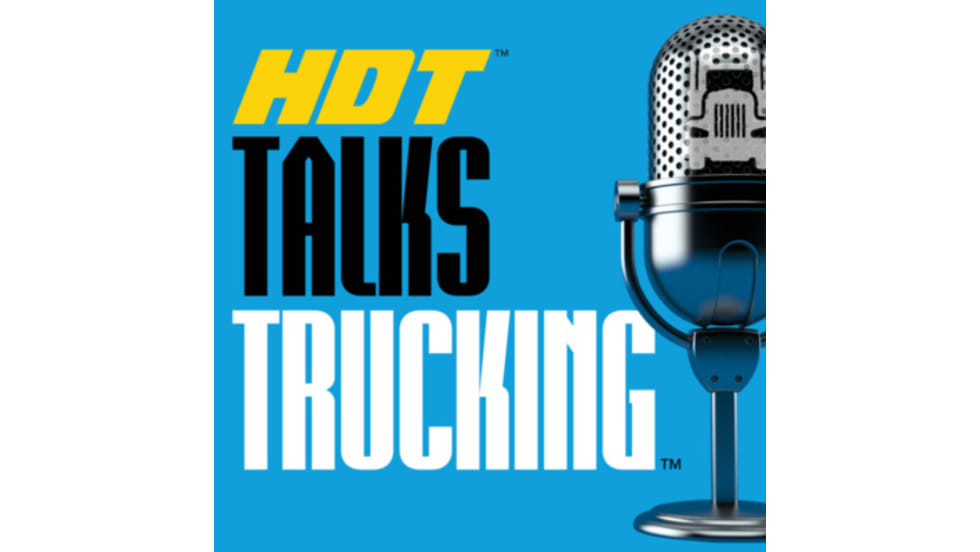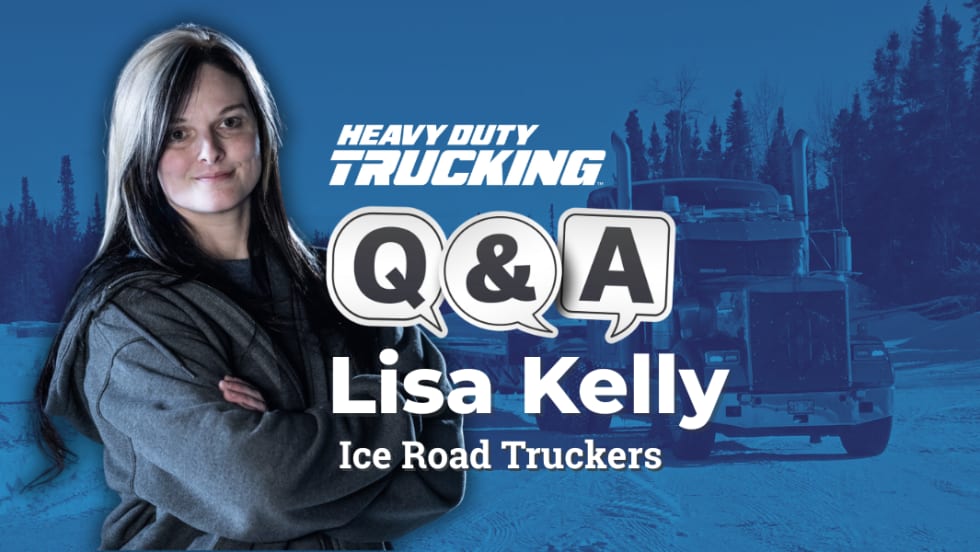In a spring column, I discussed some of the important lessons that have come from COVID-19 related to truck drivers. The novel coronavirus and its spread throughout the globe have shined a bright light on the importance of a strong and healthy immune system, as well as on the crucial role truck drivers play in our logistics system.
While it is apparent how critical it is for our truck drivers to develop and maintain strong immune systems, it is also more challenging for them than most. Fleets truly need to be proactive by helping our drivers better manage their stress, and helping them manage their sleep and their diets is more important now than ever.
But, as the pandemic continues and many of our challenges have been compounded, what other lessons are there to be gained for fleets?
We know that drivers are still struggling with many challenges, including lower freight demands, increased health risks for themselves and their families, and varying COVID-19 laws and protocols in different states.
That stress can be either helped or compounded by how their interactions go with people in operations — who are under their own stresses.
Some office workers are still working from home, while others have been able to come back to the office. Some workers feel safe at the office, while others are nervous and anxious. Some workers who are stuck working from home feel disconnected and depressed, or are stressed, trying to juggle virtual school for their kids and virtual work for themselves. Others seem to excel at working from home by being able to spend more time with their family and less time commuting.
In other words, excessive stress, anxiety, and depression are not just affecting truck drivers, but all workers. Office workers at fleets are dealing with their own unique set of challenges that need to be addressed. Stress management and resilience should at the very least be topics that are discussed openly. Ideally, trucking companies should consider coaching programs and trainings on these two extremely important topics.
Consider how a person perceives challenges or feelings of being overwhelmed, and how that can impact communication with others, focus, productivity, and other important factors necessary for quality work.
In one company I’ve worked with, stress management and resilience training, along with communication skills training and emotional intelligence programs, have had a very positive impact on the organization and its staff.
While there seems to be a light at the end of the tunnel, it will still be some time before we get back to “normal,” and it’s hard to say how the world will look and operate post-pandemic.
Most experts believe that life will never be the same, including in trucking. Offering stress management and resilience training or coaching programs for your office staff to help them adapt and deal with these changes and challenges can have a very positive effect on company culture, have an impact on the personal and professional lives of your team members, and even have a positive residual effect on your truck drivers as they interact with dispatchers, maintenance personnel, payroll, and other workers.




![More Lessons Learned from COVID-19 [Commentary]](https://assets.bobitstudios.com/image/upload/f_auto,q_auto,dpr_auto,c_limit,w_920/covid-sign_1768077925873_d4qlhk.jpg)








